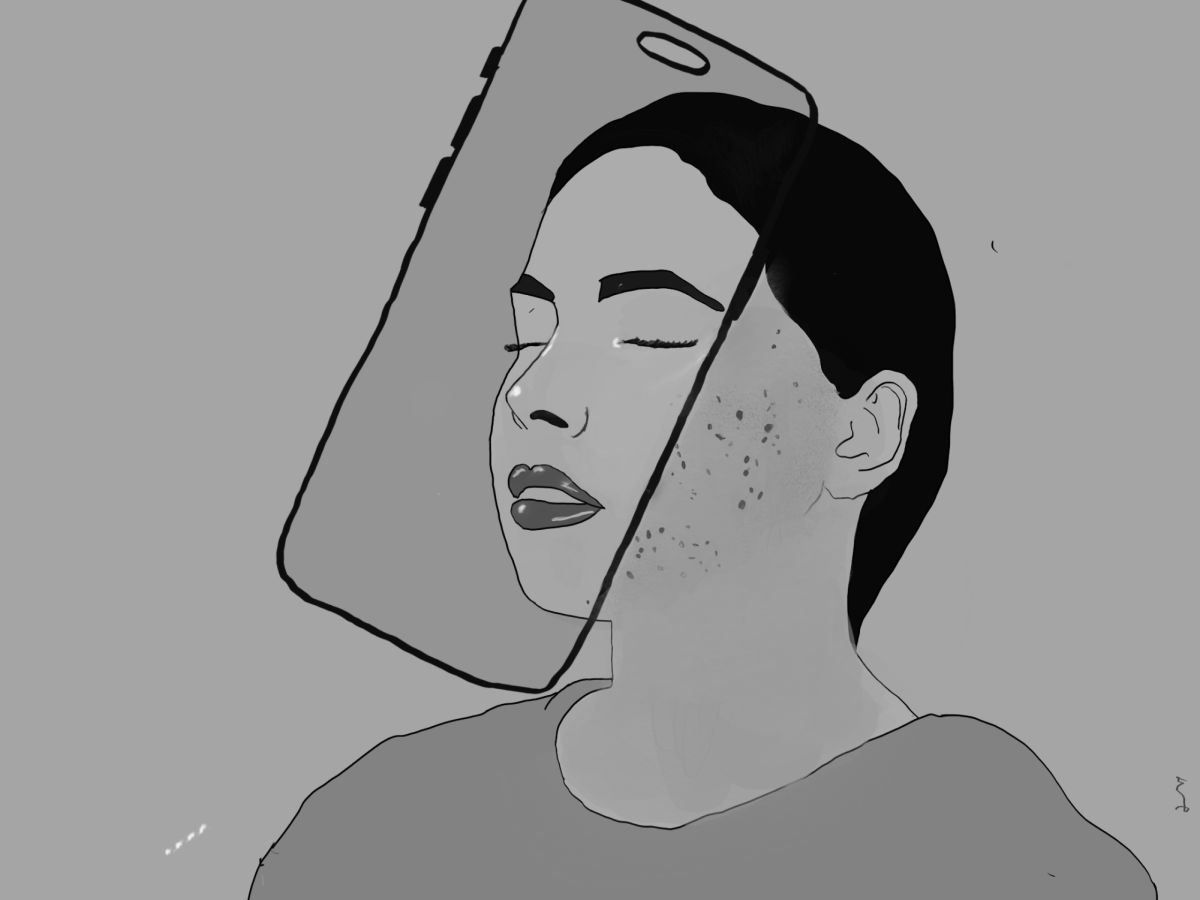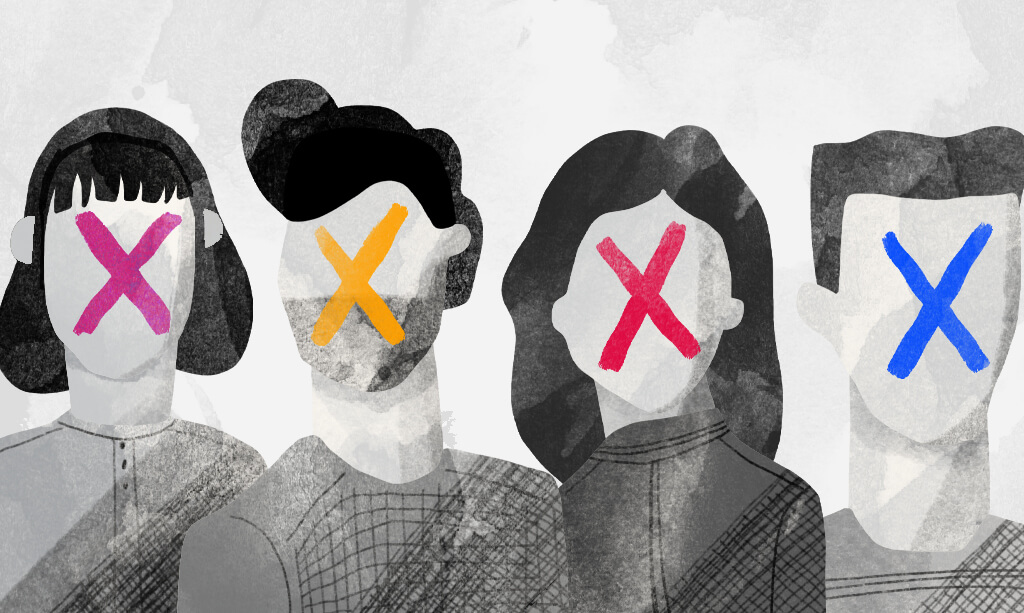Over the years, social media has become a huge part of people’s lives; however, it is not always beneficial. Social media generates unrealistic expectations about how a person should look or act and filters only add onto that. Filters have proven to be harmful because of the false reality they produce. At first they can seem like a funny little thing but in reality, they can damage someone’s mental health, physical health and self esteem.
Numerous social media users, whether that be kids, teens or adults, use filters in order to enhance their appearance and hide their flaws. A filter can change what one looks like in order to boost their confidence. Additionally, people also use filters to cover up unique or personalized features that make them who they are. People use filters to try and cover up traits that can define who they are. Characteristics that they personally view as not attractive can be hidden due to filters.
Social media has been notorious for unrealistic beauty expectations with filters being a leading factor. Appearances can be deceiving online, especially with filters concealing the truth of how people actually look. Numerous people edit their photos or videos, giving viewers unrealistic impressions of their lives. So many teenagers become insecure of their looks because of how others portray themselves on social media. Even something as simple as changing the coloring on a sunset photo can give viewers a false sense of reality.
A majority of what a person sees online is fake, resulting in viewers going to lengths to achieve that unrealistic lifestyle. These impossible lives can hurt people because of the expectations that everyone looks and acts perfectly, resulting in people negatively changing how they live. Even one’s mental health can deteriorate because of the phoniness that surrounds them. Seeing certain things online puts an inaccurate label on society that everyone has to look and act perfect as if nothing in their lives has ever gone wrong, as if struggle does not exist and everyday is easy, which really hurts how someone can think about the way they live. Mentally, one’s health can degrade because they believe that they have to live up to unreasonable expectations. People could stop doing things they enjoy, going out and putting in an effort because they are insecure due to social media. Anxiety and depression can both be a result of filter usage, which may sound extreme but is very real. People suffer every day because of the unintended consequences that filters cause.
Body image is also something a large amount of people, primarily girls and teenagers, are insecure about because filters can change how one looks physically. So more insecurities can form as a result of these alterations. This can eventually lead to eating disorders, body dysmorphia, self harm and other very dangerous effects. Overall, it is best to not compare oneself to others on social media because it only damages the view a person has of themselves.
Furthermore, filters can seem harmless at first but in reality they can cause serious damage to one’s life. People’s mental and even physical health can decline due to the beauty standards that filters and social media uphold. Insecurities should be embraced instead of hidden, but filters completely disregard that and diminish people’s confidence. They can create unreasonable expectations that kids, teens and adults feel the need to fulfill. They also only add on to the insecurities seen in so many men and women today. In conclusion, filters have detrimental effects on social media users and society.










